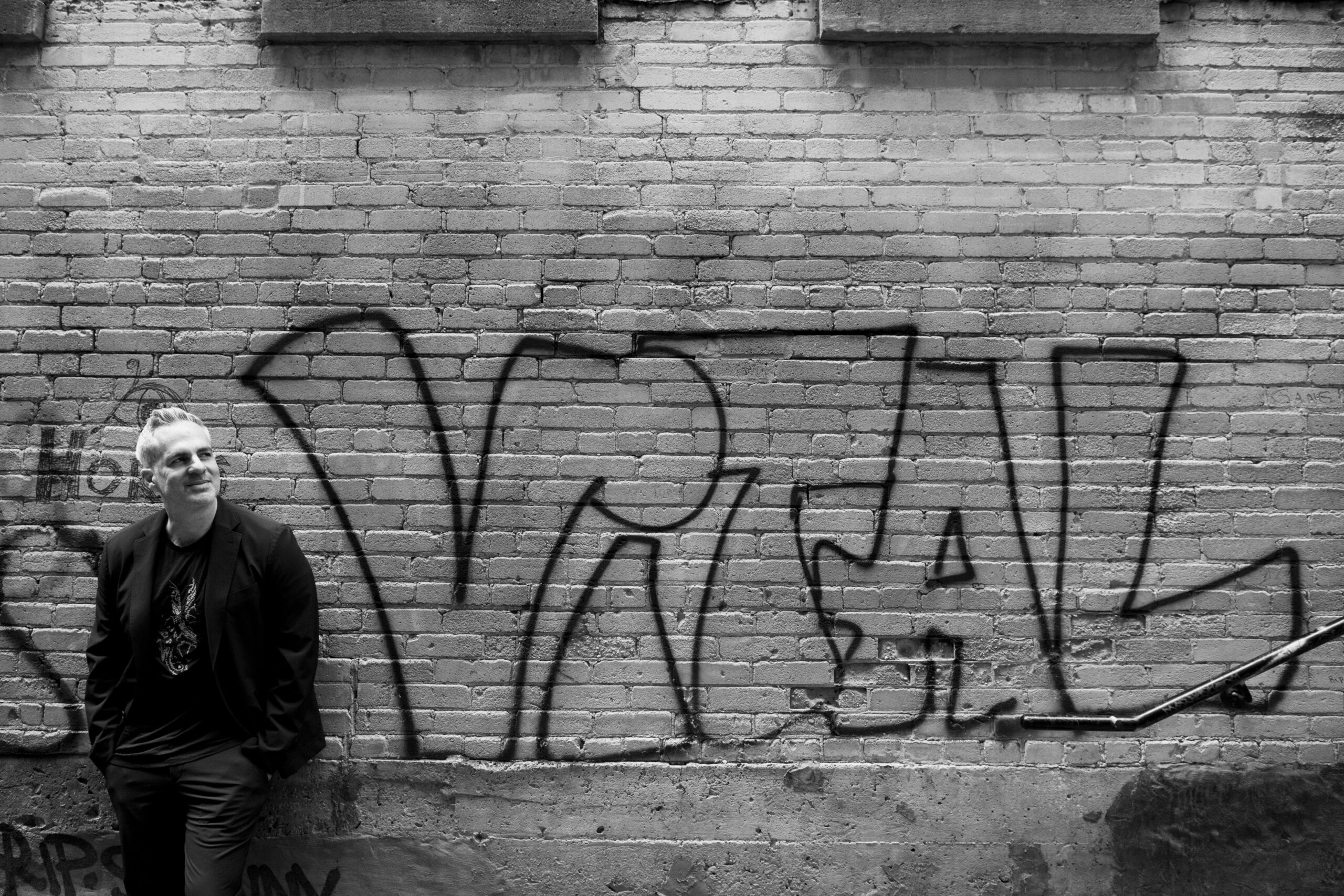Has The Toronto Bubble Finally, Popped?

The Toronto Real Estate market has been very unpredictable, especially over the last few years, but it feels like we’re in uncharted waters right now. Land transactions are down, developers are pausing new projects, and pre-construction sales are at historic lows. For anyone navigating this market—whether you’re a buyer, investor, or simply curious—there’s a lot to unpack.
Recently, I had the pleasure of sitting down with Steve Keyzer, team lead at Colliers Redevelopment Advisory Brokerage Team, on the Toronto Real Estate Podcast. Steve is in the trenches of the urban land market every day, representing some of the city’s most prominent players. Together, we dug into what’s happening in Toronto real estate—and what it might mean for the future.
Let’s start with the big picture. Land transactions in Toronto have taken a nosedive. In 2021 and 2022, developers snapped up $18 billion and $16 billion of land, respectively. By 2023, that number plummeted to $6.4 billion; as of 2024, we’re sitting at under $1 billion year-to-date.
Why the steep decline? Developers are effectively hitting the “pause” button. The pipelines are frozen, and pre-construction sales are down 90% from the 10-year average. Steve explained it perfectly in our conversation: “When products ( new homes) aren’t selling, developers stop buying land. It’s as simple as that.”
Here’s where things get interesting. While the market slowdown has created challenges, it has also created opportunities. Land values have dropped significantly—from $300 per buildable square foot in mid-2022 to $100–$150 today. Steve described it as a once-in-a-decade opportunity: “Land has never been relatively cheaper in Toronto. If you’re looking to buy, now might be the time.”
That said, the market isn’t without its challenges. Sellers are still clinging to pre-pandemic valuations, hoping for a recovery that hasn’t arrived yet. This stalemate has slowed down transactions further, but for buyers with capital, according to Steve, “it could be a golden moment.”
Pre-construction condos have always been a hot commodity in the Toronto real estate landscape, but they’re at a dead standstill. Rising costs and a narrowing gap between resale and pre-construction prices have left investors hesitant to invest.
Historically, pre-construction condos commanded a significant premium over resale condos, with a 20% spread. Today, that premium has accelerated beyond reason, with resale condos trading at 1000- 1200 price per square foot and new construction trading at $1600- $1800 price per square foot. As Steve noted, “Until resale condo prices rise and dramatically narrow that gap, we’re not going to see pre-construction take off.”
Despite the challenges in land and pre-construction (new home) sales, the resale market is showing some signs of life. Detached and semi-detached home prices remain strong, and activity and buyer sentiments are improving! Just last week, a property on the city’s east side received 18 offers and sold well above asking—a clear sign that confidence is beginning to return. As the market starts to rebound, look for the low-rise resale market to lead the charge. Once it starts to absorb inventory, pre-construction and development typically follow.
If there’s one takeaway from my conversation with Steve, it’s this: bold moves in moments of uncertainty often pay off. For buyers, the current market offers rare opportunities, whether negotiating on unsold pre-construction inventory or taking advantage of low land prices for developers. Warren Buffett’s timeless advice is, “Be greedy when others are fearful.” Yes, there is a lot of fear and uncertainty in the market, but that’s often when the best opportunities arise.
Of course, the discussion about Toronto real estate will only be complete by touching on government policy. Recent government incentives, like development charge (DC) waivers for rental projects, haven’t done enough to spark meaningful change.
As Steve put it, “Developers need margins to take risks. If the numbers don’t work, no one’s building.” The solution? Public-private partnerships, like the recent redevelopment of 610 Bay Street, offer a blueprint for how the city and province can partner with the private sector. However, this is just the start and broader systemic changes are needed to address the city’s housing challenges meaningfully.
So, where do we go from here? Steve and I agree that we’re nearing the bottom of this market cycle. While the short-term picture may be uncertain, the long-term outlook for Toronto Real estate looks bright.
Over the next three to five years, we expect land values to recover, resale prices to climb, and pre-construction activity to increase again.
Toronto’s real estate market is resilient. Yes, we’re in a moment of contraction and uncertainty, but we have survived the worst downturn.
Whether you’re a first-time buyer, a seasoned investor, or someone trying to make sense of everything, staying informed is your greatest asset. If you’re considering a move or want to discuss your options, my team at Fox Marin Associates is here to help.
Fox Marin has earned its reputation as Toronto’s premier downtown luxury real estate team, backed by over $580 million in sales, more than 1,000 successful transactions, and over 450 glowing 5-star Google Reviews. Discover the advantage of working with a proven team with a track record for winning results.
Contact us (We’re Nice).
—
This article was written by Ralph Fox, Broker of Record and Managing Partner here at Fox Marin Associates. Ralph is a Torontonian native who recognized from an early age that the most successful people in life apply long-term thinking to their investments, relationships, and life goals. It’s this philosophy, along with his lifelong entrepreneurial drive and exceptional business instincts, that help to establish Ralph as a top agent in the real estate market in downtown Toronto.